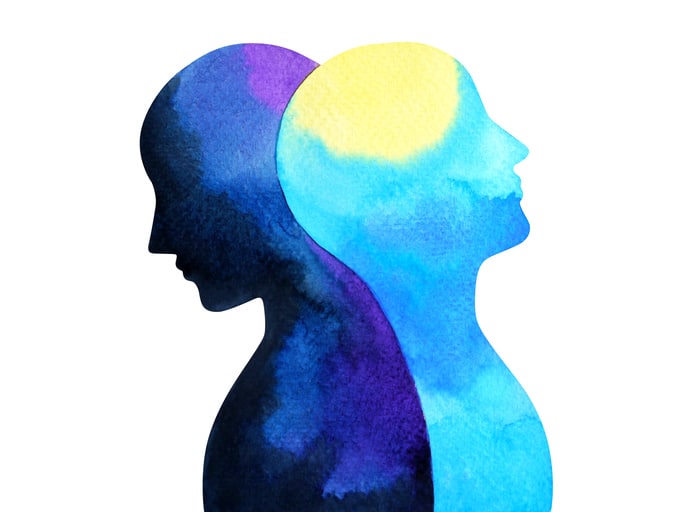While the favorable effect of adjuvant clonidine in the treatment of acute mania has been observed already about 40 years ago, this line of treatment has not been further investigated. Here, we resumed this topic, and we tested the effect of adjuvant clonidine, an antihypertensive stimulating the alpha- central adrenergic receptor, on symptoms of mania, cognitive performance, and subjective sleep. To this end, we performed a randomized, double-blind and placebo-controlled clinical trial among inpatients with bipolar disorder I during their acute phase of mania.
A total of 70 inpatients (mean age: 37.40 years; 15.7% females) with diagnosed bipolar disorder I and during their acute manic phase were randomly assigned either to the adjuvant clonidine (0.2 mg/d to a maximum of 0.6 mg/d) or to the placebo condition. Standard medication was lithium at therapeutic dosages. At baseline, participants completed a series of self-rating questionnaires covering sociodemographic information and subjective sleep. Subjective sleep was re-assessed 24 days later at the end of the study. Experts rated participants’ acute state of mania with the Young Mania Rating Scale at baseline and at day 12 and day 24. Participants’ cognitive performance was assessed at baseline and at day 24 at the end of the study.
Over time, mania scores significantly decreased (large effect size), but more so in the clonidine condition, compared to the placebo condition (medium effect size). Likewise, over time, subjective sleep improved (large effect size), but more so in the clonidine, compared to the placebo condition (medium effect size). Over time, cognitive performance improved (medium effect size), irrespective from the study condition.
Compared to placebo, adjuvant clonidine to lithium improved symptoms of mania, as rated by experts’, and subjective sleep quality. Adjuvant clonidine had no further favorable (or detrimental) impact on cognitive performance.
Copyright © 2021 The Authors. Published by Elsevier Ltd.. All rights reserved.
Influence of adjuvant clonidine on mania, sleep disturbances and cognitive performance – Results from a double-blind and placebo-controlled randomized study in individuals with bipolar I disorder during their manic phase.


